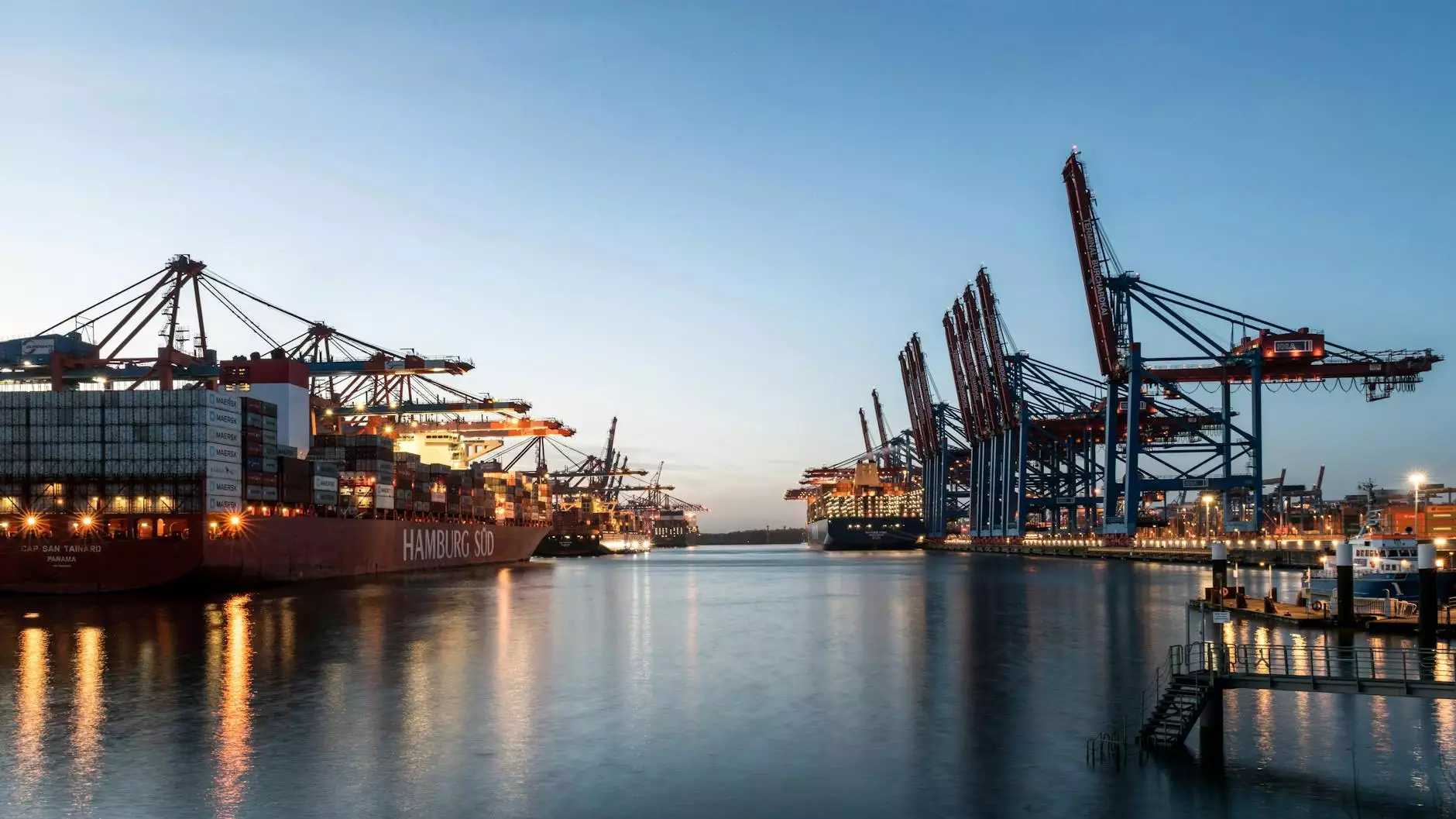Understanding Air Freight Quotes: The Key to Efficient Logistics

In the ever-evolving world of global trade and commerce, logistics play a pivotal role. Among the various shipping methods, air freight stands out for its speed and efficiency. Whether you are a small business owner or part of a large corporation, understanding air freight quotes can significantly impact your shipping strategies and operational costs. This comprehensive guide aims to elucidate the nuances of obtaining air freight quotes, ensuring your shipments arrive promptly and at a reasonable price.
What is Air Freight?
Air freight refers to the transportation of goods via cargo aircraft. This method is preferred for its unmatched speed, allowing businesses to ship products across the globe in a matter of days. Regardless of the size of your operation, air freight is an indispensable part of modern logistics.
Benefits of Air Freight
Utilizing air freight offers numerous benefits, including:
- Speed: Air freight is the quickest mode of transportation available, reducing transit times significantly.
- Reliability: Airlines operate on strict schedules, making it easier to predict and plan shipments.
- Reduced Inventory Costs: The faster delivery allows businesses to maintain lower inventory levels.
- Global Reach: Air freight services operate globally, connecting even the most remote locations.
The Importance of Air Freight Quotes
To fully leverage the benefits of air freight, obtaining accurate and comprehensive air freight quotes is crucial. A detailed air freight quote provides a breakdown of costs and services offered, enabling businesses to make informed decisions.
What Factors Influence Air Freight Quotes?
Several factors can affect the cost of an air freight quote:
- Weight and Volume: Shipping costs are typically calculated based on either the actual weight or the volumetric weight, whichever is greater.
- Distance: The farther the destination, the higher the quote tends to be.
- Type of Goods: Special handling requirements for hazardous, fragile, or perishables can increase costs.
- Seasonality: Demand fluctuates throughout the year; peak seasons can drive up rates.
- Customs and Duties: International shipments may incur additional customs charges and duties that should be considered.
How to Obtain an Air Freight Quote
Obtaining an air freight quote is typically straightforward, but it requires careful preparation and understanding of the process. Here are the steps to guide you through obtaining an effective air freight quote:
1. Prepare Your Shipment Details
Before reaching out for a quote, gather the necessary information about your shipment, including:
- The type of goods being shipped
- The dimensions and weight of the shipment
- The origin and destination addresses
- Any special handling instructions
2. Identify Potential Freight Forwarders
Research and compile a list of reputable freight forwarders. Look for companies with expertise in your industry and check customer reviews and testimonials to gauge their reliability.
3. Request Detailed Quotes
Contact your shortlisted freight forwarders and request detailed air freight quotes. Be specific in your requests to receive quotes that effectively reflect your needs.
4. Compare Quotes Thoroughly
Once you receive multiple quotes, compare them not just on price, but also on the services offered. Look for hidden costs such as fuel surcharges, handling fees, and insurance costs.
Understanding the Quote Breakdown
An air freight quote typically includes:
- Base Rate: The initial cost based on weight and distance.
- Fuel Surcharge: An additional charge to account for fluctuating fuel prices.
- Security Surcharge: A fee applicable to all air freight for enhanced security measures.
- Handling Fees: Charges for loading and unloading, as well as any special handling requirements.
- Customs Clearance Fees: Costs incurred for handling customs and documentation.
Common Mistakes to Avoid When Requesting Air Freight Quotes
When seeking air freight quotes, businesses often make several common mistakes that can lead to complications and unexpected costs. Here are a few pitfalls you should avoid:
1. Lack of Clarity
Being vague about your needs can result in inadequate quotes. Always provide comprehensive details about your shipment.
2. Overlooking Hidden Fees
Neglecting to inquire about additional fees can inflate your overall costs. Read the fine print and ask about all potential charges upfront.
3. Failing to Compare
Accepting the first quote you receive without comparing it to others can mean missing out on better deals. Always gather multiple quotes for comparison.
4. Ignoring Customer Support
Ignoring the importance of customer service can impact your experience. Ensure the freight forwarder is responsive and helpful, as they will be your point of contact for inquiries and potential issues.
The Future of Air Freight and its Impact on Quotes
As global trade continues to expand, the air freight industry is poised for advancement in efficiency and technology. Innovations such as automation, blockchain technology, and improved cargo tracking systems are redefining logistics. These changes will ultimately influence how air freight quotes are generated and how businesses can access relevant data to make better shipping decisions.
Conclusion
In the landscape of international trade, having a firm grasp of air freight and the subsequent air freight quotes can empower your business to maintain competitive advantage. By understanding the various factors that influence air freight costs, preparing thorough shipment details, and avoiding common mistakes, you can ensure that your logistics operations are both cost-effective and efficient.
For more information about air freight services and obtaining quotes tailored to your unique needs, visit cargobooking.aero.









